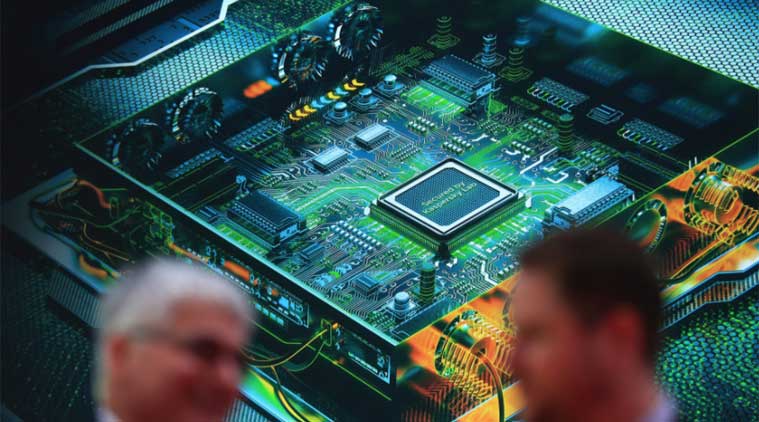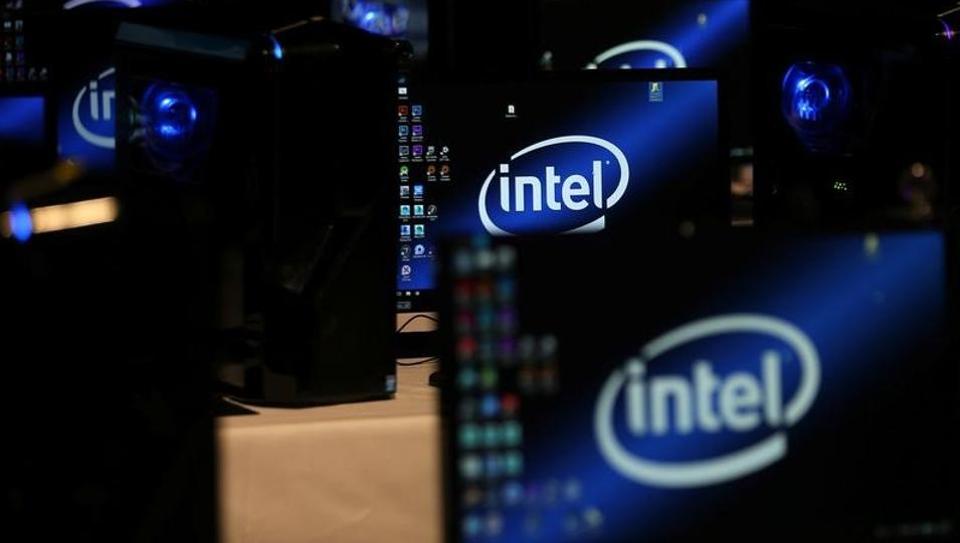

“Intel is still in a strong position to influence tech-related markets, and I don’t see their leadership positioning changing anytime soon.” “Their data-center offerings continue to be strong and their investments in 5G, IoT (internet of things) and autonomous vehicles over time will keep them growing,” said Tim Bajarin, president of San Jose tech consulting firm Creative Strategies. Personal computer sales remained Intel’s biggest revenue generator, with $9 billion in sales, but that amount slipped by 2 percent from the fourth quarter of 2016. Intel said its performance was led by gains from its data-center business, which turned in sales of $5.6 billion, or a 20 percent increase over the same period year ago. However, excluding those and other one-time items, Intel reported a profit of $1.08 a share.īy that measure, Intel surpassed the estimates of Wall Street analysts, who forecast the company to earn 87 cents a share on $16.34 billion in sales for the quarter that ended Dec. Intel’s results were impacted due to a tax expense of $5.4 billion as a result of the recently passed tax reforms. Intel shares climbed 4.5 percent, to $47.32, in after-hours trading after the company reported a fourth-quarter loss of $687 million, or 15 cents per share, on revenue of $17.1 billion. “A solution that can completely fix the security issue while having no performance impact on the CPU will not be available in the short term, so this is likely to linger for at least the next few months.”Īnd in a statement in which Intel reported its quarterly results, the company said it doesn’t expect to be done with Spectre or Meltdown any time soon. “It goes without saying that the Spectre (and) Meltdown issue will be top of mind both internally and externally at Intel,” said Mark Hung, research vice president at Gartner. And earlier this week, Intel looked like it couldn’t shoot straight, when it advised people to stop installing security patches it released to fix the flaws due to reports that those patches were impacting the performance of devices in which they had been installed. Security has always been a priority (and) an ongoing journey.”īut for a company that claims to be so stringent about security - Intel acquired security-technology company McAfee in 2012 for $7.6 billion, then spun the company out last year and still owns 49 percent of McAfee - the extent of the Spectre and Meltdown flaws has been nothing short of a black eye for the company. “We are acutely aware we have more to do. “We’ve been working around the clock to address Spectre and Meltdown,” Krzanich said. Krzanich sought to alleviate concerns about the flaws, which are said to potentially affect nearly every computer, laptop and mobile device running on Intel’s chips, but acknowledged that the company can’t solve the matter overnight. Intel Chief Executive Brian Krzanich addressed the effects of the Spectre and Meltdown flaws while speaking on a conference call to discuss the company’s fourth-quarter business results.


#Intel out get spectre meltdown chip full#
SANTA CLARA - With its reputation at stake following a recent embarrassing rash of security flaws in its semiconductor chipsets, Intel said Thursday it is working on fixes for the problems, but that full solutions won’t be available for several months.


 0 kommentar(er)
0 kommentar(er)
